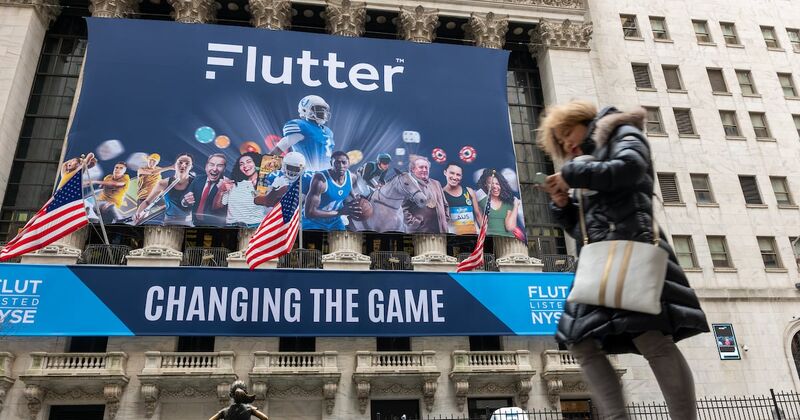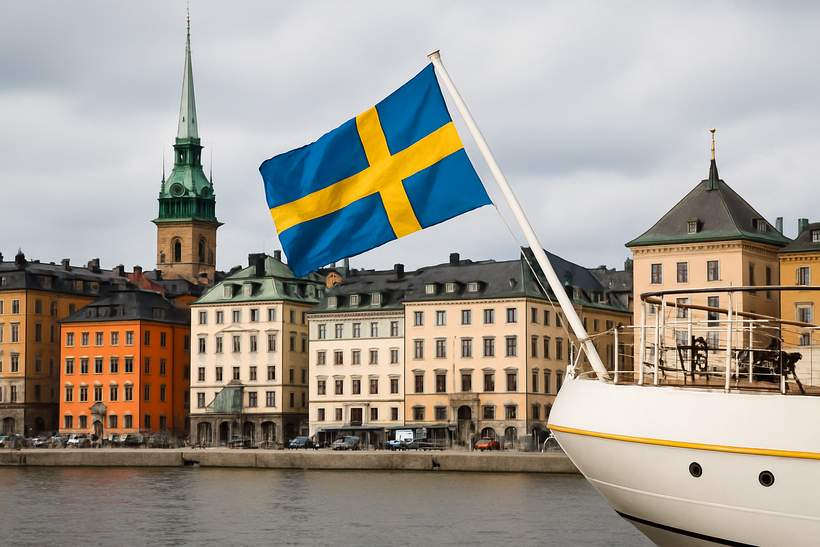Gambling operators worldwide report difficulties as digital platforms increase verification and restrictions in 2025. Google changed its policies on 14 April, Meta introduced verification on 9 July, and TikTok issued regional bans that changed access to customers. Reports from industry groups confirm that traditional customer acquisition strategies experienced major disruption.
The change impacts certification requirements, ad creative approval processes, and targeting methods across many jurisdictions. Operators confirm higher compliance demands as platforms move closer to changing national regulations.
Key Developments
- Google suspended new gambling certifications for Australian operators in August.
- Meta requires manual review of every gambling advertisement with stronger verification.
- TikTok voluntarily stopped all real-money gambling ads in the Philippines.
- Spain reported a 55% fall in new gambling accounts after restrictions.
- DraftKings kept a $197.5 million quarterly advertising budget despite platform limits.
Why Did Platforms Change Their Rules?
Technology companies respond to regulatory pressure and public concern regarding gambling advertising. Government agencies increase pressure to restrict gambling promotion, especially to younger audiences. Digital platforms identify user safety and regulation compliance as key reasons for restrictions. Industry experts explain that these changes began with small approval delays in early 2025 before reaching permanent restrictions by mid-year. Many gambling operators used platform advertising as their main acquisition channel before.
- Google Implements An Enhanced Certification Framework
Google updated its gambling policy on 14 April 2025, adding market-specific requirements and new documentation standards. Operators now must obtain separate certification per target market, extending campaign launch periods. Google increased enforcement for social casino promotions, issuing immediate suspensions for violations without warning. The platform removed social casino games from advertising eligibility, limiting operators’ use of free-play games for customer growth.
Enforcement levels differ by region. In August, Google approved ads in Cameroon and Namibia while pausing certifications in Australia. From 14 July, Google allowed gambling ads in Ukraine, showing geopolitical influence on rules. In March, Google applied stricter ad regulations in Nigeria, proving regional variation in enforcement. The freeze on certifications benefits incumbent advertisers and blocks new market entry. This shows platform policy shifts can quickly change competition within national gambling markets.
- Meta Introduces Business Suite Verification
On 9 July 2025, Meta released gambling ad rules under the “Permissions and Verifications” framework across Facebook and Instagram. Advertisers must declare business type and upload full license documentation. The Meta Updates Rules document formalised these obligations, creating major compliance pressure for the industry. Verification now requires 45–90 days, longer than past approval periods. Authorisation attaches to specific ad account IDs, and new business accounts need separate reviews.
Government pressure intensified Meta’s gambling enforcement during 2025. In August, Brazilian authorities ordered Meta to remove illegal gambling ads within 48 hours. The platform also deleted influencer Facebook pages linked with gambling in July. Stricter reviews affect influencer promotions directly. Content creators must register as affiliates and gain approval before posting gambling ads, reducing spontaneous marketing.
- TikTok Restricts Gambling Content Globally
TikTok banned most gambling ads across multiple countries in 2025. The policy blocks online casinos, sports betting, fantasy games, and lotteries. In the Philippines, TikTok suspended gambling ads on 22 August 2025 following official pressure. The Department of Information and Communications Technology confirmed alignment with President Ferdinand Marcos Jr’s safety program. Reports show TikTok had strong customer acquisition volumes for operators targeting 18–25 age groups, making restrictions difficult for firms depending on younger players.
- European Countries Lead the Crackdown
Spain’s rules demonstrate measurable effects of gambling advertising limits. Europe continues to add strong advertising bans that influence platform rules globally. Spain offers real numbers showing how restrictions affect gambling operators.
- Spain Demonstrates Regulatory Impact
Harm Reduction Journal study shows 55% fall in Spanish gambling accounts between 2020 and 2023, dropping from 3.01 million to 1.35 million annual registrations. The decline is linked to Royal Decree 958/2020 restrictions and bonus prohibitions. Advertising spend in Spain fell from €193.7 million in 2020 to €116.5 million in 2022, recovering to €122.8 million in 2023. Bonus spend declined from €189.5 million to €165.9 million over the same period. Spain’s Supreme Court partly reversed Royal Decree 958/2020 in April 2024, removing celebrity ad bans and new customer restrictions. Sponsorship bans and broadcast time limits remain active.
- European Union Coordinates Digital Framework
The EU Digital Services Act demands greater ad transparency, while members design national gambling controls. France is planning whistle-to-whistle bans and sponsorship restrictions, shaping a Europe-wide compliance model. Consultants confirm higher demand for guidance as operators struggle with multiple European requirements.
- Asian Governments Coordinate Voluntary Restrictions
Regional governments work with platforms to restrict ads without formal laws. Asia-Pacific shows joint action with platforms to enforce gambling controls through voluntary agreements.
- The Philippines Leads Platform Coordination
TikTok stopping Real Money Gambling ads in the Philippines shows the success of cooperation. Department of Information and Communications Technology official Henry Aguda said the ban supports digital safety. The Philippines model shows other governments how voluntary platform action can replace regulation. It demonstrates faster outcomes than traditional lawmaking.
- Australia Faces Certification Limitations
Google’s pause on new Australian certifications in August blocked planned operator launches. Current certified advertisers keep access, but new entrants face indefinite waits. This pause helps existing operators and limits competitors. It shows that policy changes shift national market competition quickly.
- Australia Delays Comprehensive Reforms
Complexity and consultation delay new gambling advertising laws. Australia postponed its reform timeline past 2024 despite public support. The government now considers a ban by 2026. The Australia Institute survey found 76% support phased prohibition, with 81% supporting social media restrictions. Sports Minister Anika Wells noted financial concerns from sports bodies’ slow decisions. Current reform includes a ban one hour before and after live games and caps limiting ads to two each hour. Consultations highlight how jurisdictions balance business interests and player protection under complex systems.
- Global Regulatory Momentum Builds
Brazil shows emerging markets are building complete advertising frameworks. The country set new rules in August for sports betting agencies and influencers. Brazil remains the second-largest online betting TV advertiser, forcing operators to diversify campaigns.
How Operators Adapt to Platform Restrictions?
Gambling companies must diversify channels and invest in compliance to succeed. Firms report moving toward other marketing sources because platform advertising grows restrictive.
- Alternative Channel Development
Operators move budgets to retention technology, compliance tools, and non-platform programmatic networks. Email, affiliates, and direct engagement now receive more money. Brazil highlights this, as online betting became the second-largest TV ad spender, proving a pivot toward traditional media when digital closes. Analysts note diversified operators handle policy changes better than those relying on one channel. DraftKings reported Q2 $1.5bn revenue and 147.5% net income growth, showing diversification plus strong operations to maintain growth under restrictions.
- Compliance Infrastructure Investment
Large operators spend on automated compliance systems that adjust quickly to regulation changes. These systems provide an edge when rules change, keeping campaigns active while others face delays. Such technology reduces manual work and speeds reaction across many markets.
- Strategic Market Prioritisation
Firms concentrate resources on markets with stable laws rather than uncertain ones. Mature regulatory systems attract investment, while new markets with shifting rules lose priority. This new focus rewards compliance readiness over creative marketing approaches, changing industry competition.
- Industry Outlook and Implications
Restrictions will continue growing as governments align global advertising policies. Developments in 2025 are the first steps in a long-term reform of gambling ads worldwide. Policies likely converge more as countries coordinate frameworks, especially targeting youth protection. Operators building compliance strength and diversifying channels keep the advantage. Firms tied to platforms face harder conditions as rules expand. Industry future supports companies with compliance systems, wide marketing options, and resources to manage rules across many jurisdictions.

 Companies
Companies 





